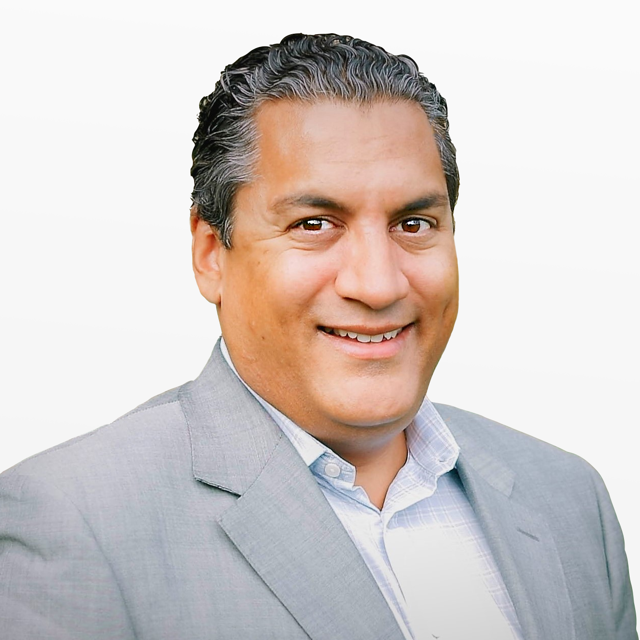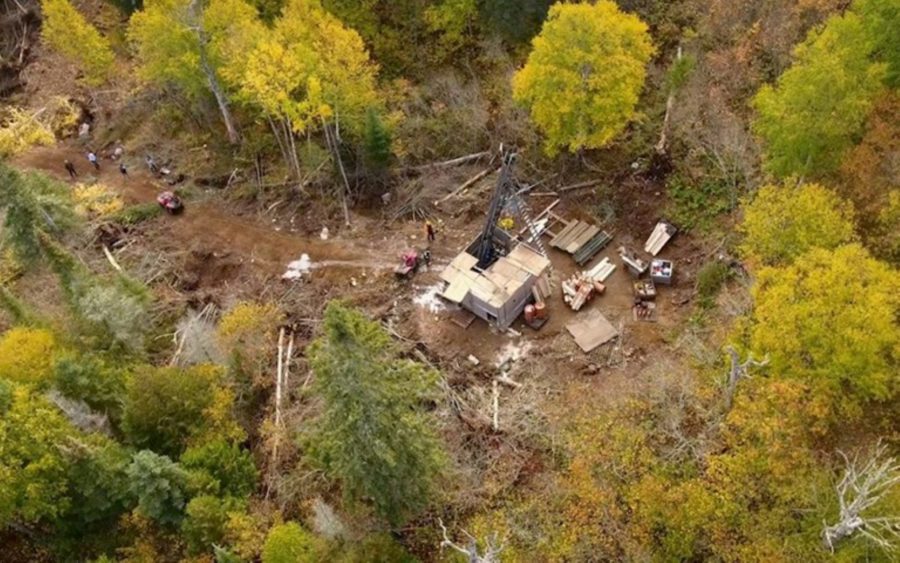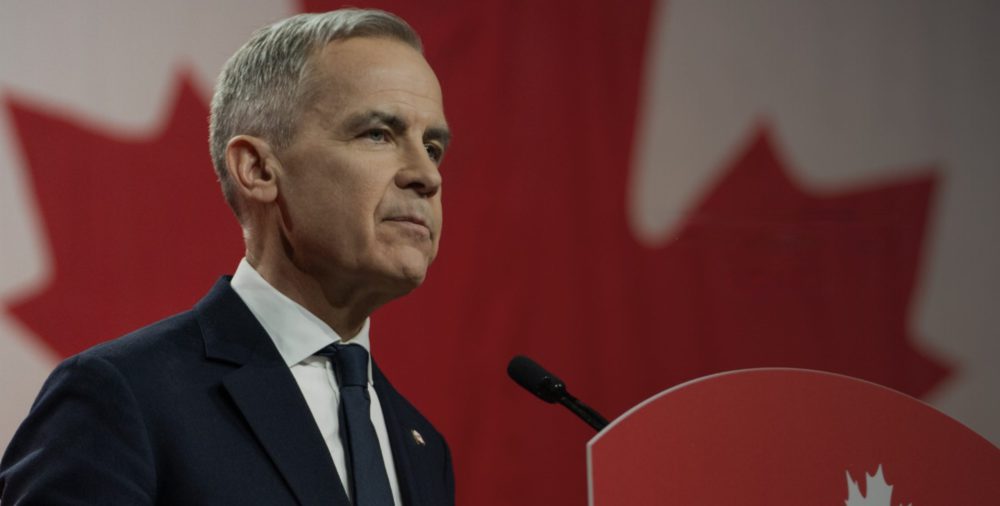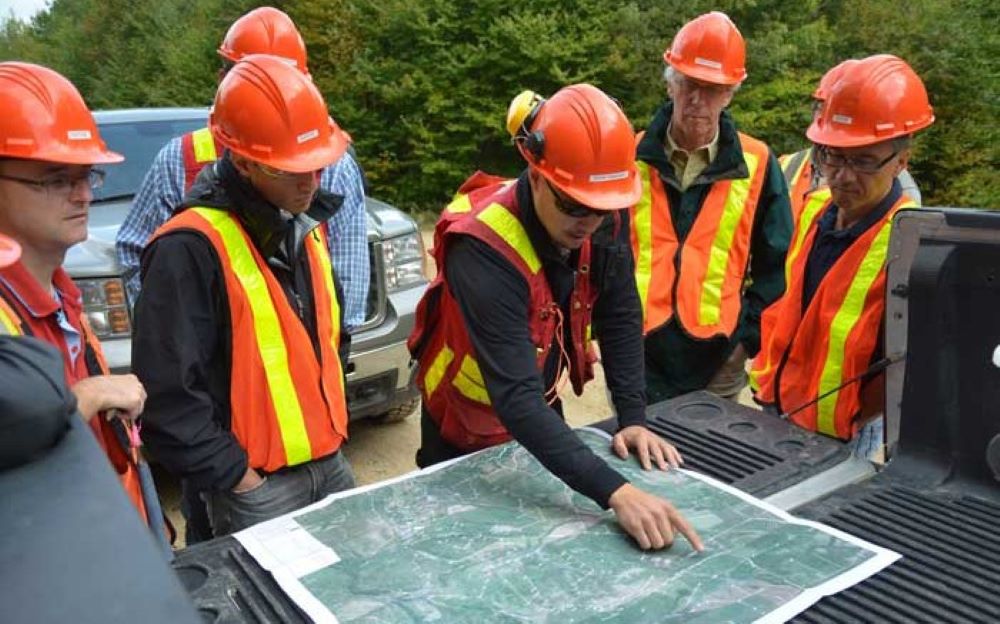Rising to the challenge: How Canada can win the global resource race

Canada stands at a pivotal juncture in the global resource race, where the geopolitical landscape is increasingly defined by resource control. Renowned for its vast natural resources and respected for its environmental and governance standards, Canada has a unique opportunity to leverage its position as a commodity superpower — not just for economic gain, but as a strategic asset in global affairs. With China currently controlling over 70% of global rare earth elements (REEs) production, the stakes in this race are higher than ever, and Canada cannot afford to fall behind.
This needs to be a sprint, not a jog. Canada’s window of opportunity to act is narrowing, but there is still time to act. However, competitors like China and Russia are aggressively securing global resource dominance, raising the stakes for Canada.
These countries are not only expanding their influence through direct investments in resource-rich regions but are also securing long-term supply agreements, often in areas where the West hesitates to tread owing to political or ethical concerns, or even straight up timidness. This strategy has placed the West in a precarious position, gradually losing ground in the race for critical minerals, energy, and other commodities essential for modern technology and sustainable development. For instance, China’s Belt and Road Initiative has secured access to African mineral reserves, while Russia continues to leverage its energy dominance in Europe. China now controls most of the production of metals critical to battery production and energy transition: lithium, copper, nickel, graphite, and cobalt.
Here lies Canada’s call to action. Our nation’s expertise in mining, oil, and gas, coupled with a strong tradition of environmental stewardship and ethical business practices, positions us uniquely in this global contest. Canada must look beyond its borders and actively invest in resource and energy projects worldwide. This goes beyond mere economic expansion; it is about embedding democratic values, transparency, and sustainability into the global resource development fabric. Canadian companies like Barrick Gold and Teck Resources have already demonstrated leadership in sustainable mining practices, showing the world what responsible resource development looks like.
Canada’s potential to lead in energy transition and resource security is increasingly recognized. Jonathan Wilkinson, Canada’s Minister of Energy and Natural Resources, has rightly pointed out the need for Canada to accelerate its energy transition, highlighting its importance not only for environmental reasons but also for ensuring economic security. This includes renewable energy as well as the responsible development of our oil, gas, and mineral reserves, securing Canada’s raw-material future.
Through participation in international projects, Canada can actively export its high environmental and governance standards, effectively countering the influence of nations that may not uphold similar values. This approach can help ensure that the global south, rich in resources but often lacking in capital and technology, develops in a manner that benefits its people and the environment, not just foreign investors. For example, Norway’s success in leveraging its sovereign wealth fund for national benefit while adhering to strict environmental standards offers an inspiring model.
Moreover, Canada’s involvement can serve as a stabilizing force in regions fraught with conflict over resources, providing an alternative to the often-opaque dealings of our competitors. Our investments can foster partnerships, build sustainable economies, and promote peace through economic interdependence.
However, this vision requires a shift in policy and mindset. It is imperative the Canadian government actively facilitates an environment that encourages Canadian companies, possibly through incentives or diplomatic support, to participate in global resource projects. Specific initiatives such as export financing programs or tax breaks for international projects, like the support provided by Export Development Canada, can significantly enhance Canada’s competitiveness. This strategy should include robust frameworks for due diligence to ensure these investments align with our national values and international obligations.
Canada’s role as a commodity superpower is not just about wealth; it is about shaping a world where access to resources does not dictate the balance of power. By investing wisely and broadly, Canada can take the lead in ensuring that the global race for resources results in a more equitable, secure, and sustainable world. Will Canada seize this moment to lead, or will it let others dictate the future of global resource governance? The time to act is now.
Sasha Jacob is a partner at Worldview Advisory, a global public affairs and capital advisory firm, and Chair and CEO of Jacob Capital Management. He is the Chair of Maritime Launch Services, Canada’s first spaceport, and CEO and director of Ceylon Graphite.





Comments